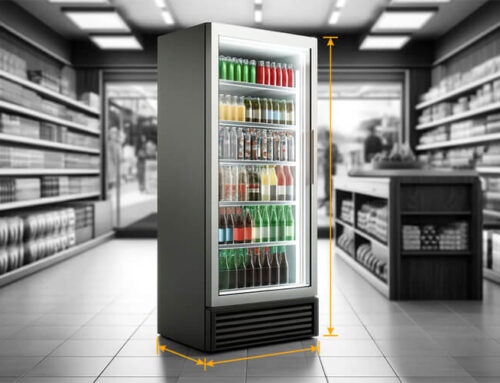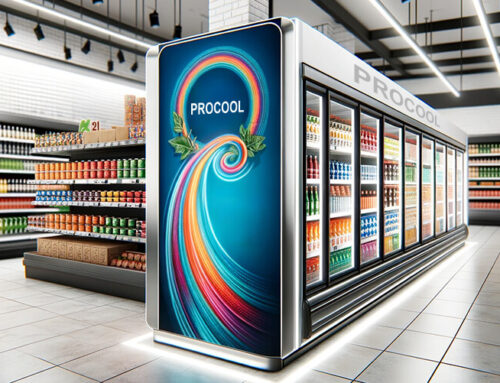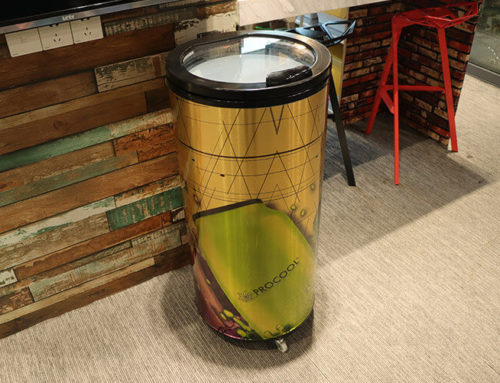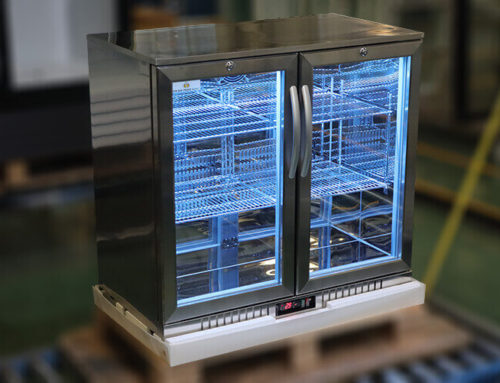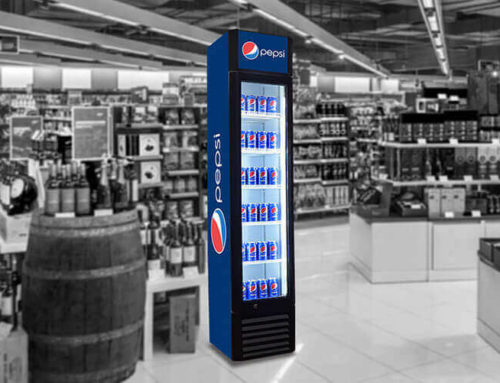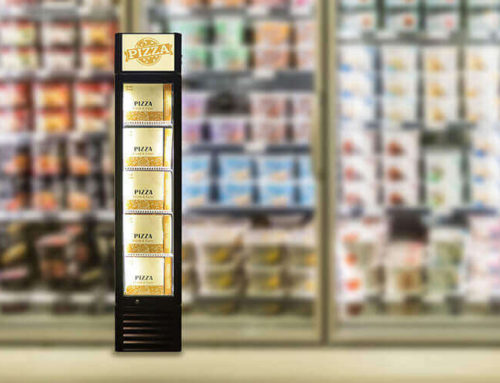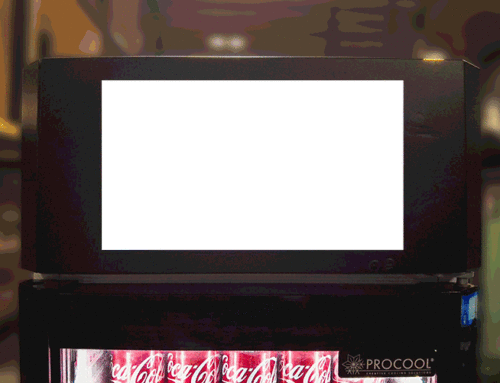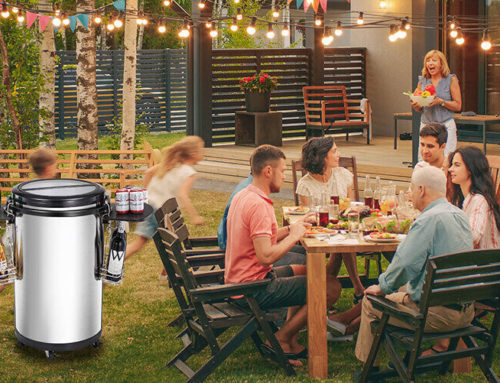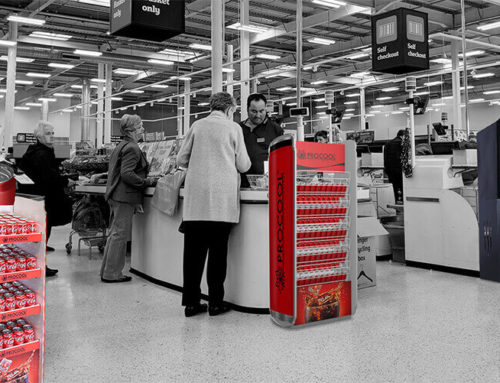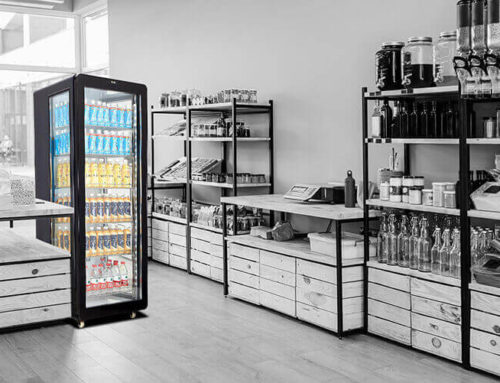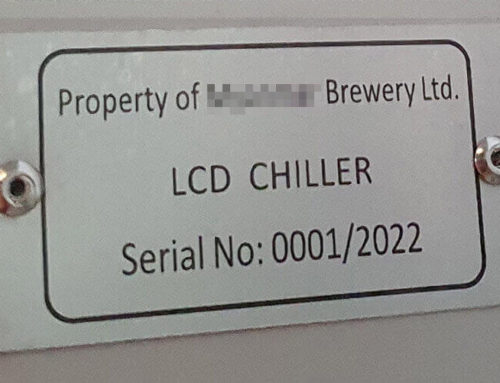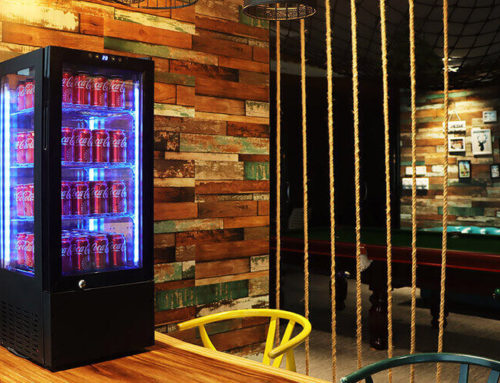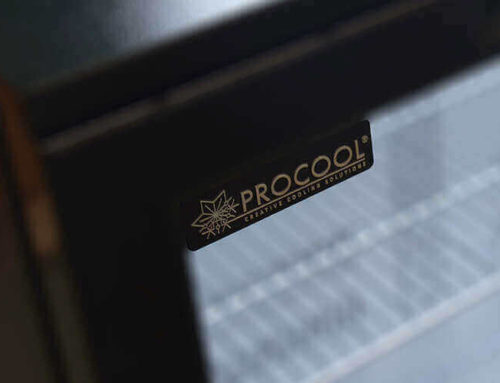German Beer: A Culture with Long History
Every country has its own representative drink. China’s tea drinks show its elegance and restraint. Russia’s vodka shows its strong and assertive personality. America’s Coke has made the people of the world feel its enthusiasm and passion. And German beer gives the German a perfect display of their characters – rigorous, serious and pursuing high quality.
History of German Beer
If you like beer and want to learn about the culture of beer, you have to start from German beer culture. The world’s most original method of producing beer was introduced into Germany by Egypt via North Africa, the Iberian Peninsula, and France. The Germanic people originally were the hunting people and did not cultivate crops. By the sixth century, the Germanic people who had settled in southern Germany, began to cultivate crops, and can also be used to make beer with barley.
Afterward, a Buddhist monk – Nyd-Hilde Lugart first used hops as a herb for beer manufacturing. As early as the 7th century, Yugoslavia planted a large amount of hops in southern Germany. As hops are used in the brewing of beer, people gradually realized that hops have a special refreshing bitter taste, which can prevent the beer from being corrupted and extend the preservation period. Since then, hops have become natural herbs to be used in brewing beer.
In 1516, the “Beer Purity Law” was proposed by William IV of Bavaria. Beer was required to be brewed from hops, malt, yeast and water. Other things were not allowed to be added. For example, sugar was absolutely prohibited. This “Beer Purity Law” is still protected by the German government. Even today, all beer produced in Germany is printed with the words “based on the German Beer Purity Law”. However, this decree does not require all the beer not to add other ingredients. It means that if you add other ingredients, you can’t just call it beer. You need to change the name. For example, das Radler refers to a beer with sprite or soda. Diesel means beer with cola. And Herrengedeck is beer with champagne.
Categories of German Beer
Germany is currently the second largest beer producer in the world. There are about 1,200 breweries in Germany. Although Germany has such a strict “Beer Purity Law”, the German can still produce many different types of beer according to the different brewing process. Each region of Germany has a different preference for beer. In general, northern German residents like a light beer with bitter taste. They love to use a long, straight glass to taste the light yellow bittersweet beer. In the southwest of Germany, highly fermented amber dark beer is more popular.
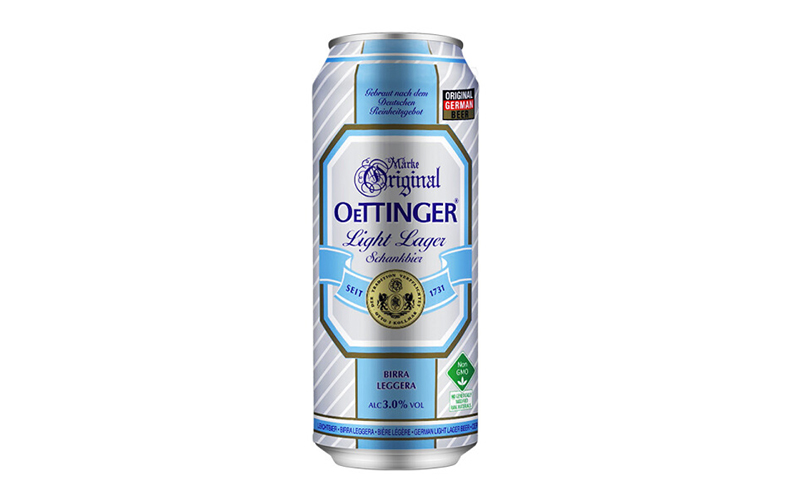
Lager (White Beer)
Southern Germany is the birthplace of white beer. This kind of beer has fewer hops, more foam, rich malt and is highly bottom- fermented. It is with slightly turbid color and tastes lubricous. It is a typical “liquid bread”, with slightly high alcohol. In English, “Lager” is also used as a synonym for German beer. Because of the secondary fermentation process, the beer contains less sugar so that people are not easy to be drunk, which makes it suitable for drinking in large amounts.
Schwarzbier (Dark Beer)
The hometown of dark beer is the Düsseldorf and Ruhr districts of Germany. Dark beer is quite dark in color, like the brown in light coffee. Dark beer is not as bitter as white beer and has a slightly sweet taste. It is somewhat similar to Ireland’s Ginsi beer but only slightly lighter. Some dark beer has a unique smell of smoked ham because the malt of the beer is baked with fire. It is usually served in an elegant spherical glass when drinking.
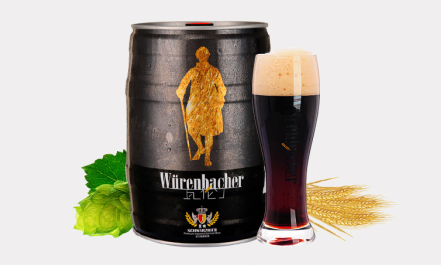
Pils
Also known as Pilsener or Pilsner, this kind of beer is the most common type of beer in Germany. Its taste is very similar to that of Chinese beer. This type of beer has a bitter bitter taste with an alcohol content of 4-5%.
Weizenbier
The Germans also called this beer Weissbier. This kind of beer is surface-fermented and its alcohol content can reach 5% – 5.6%. It is a more popular beer drink in South German. This type of beer is divided into two types – filtered and unfiltered. The former is clear and the latter is turbid, while the latter has a more intense taste. There is also a name called Hefeweizen.
Export
The malt concentration of this kind of beer has reached 12% – 14% and the alcoholicity is also more than 5%, which is considered to be a kind of strong beer of Germany. It is also bottom-fermented and with long storage time. Because it can be transported for a long time, it is named “Export”.
In addition to this representative beer, Germany also has some regional beer. Weihenstephan is the oldest brewery in the world and is located in a small town near Munich. As early as the 11th century, monks already started to brew beer here. The German capital, Berlin, specializes in the Berliner Weisse, a lightly flavored Berlin light beer. It is made sweet with cherries or strawberry jam. When the beer is poured into a spherical glass it is green or red.
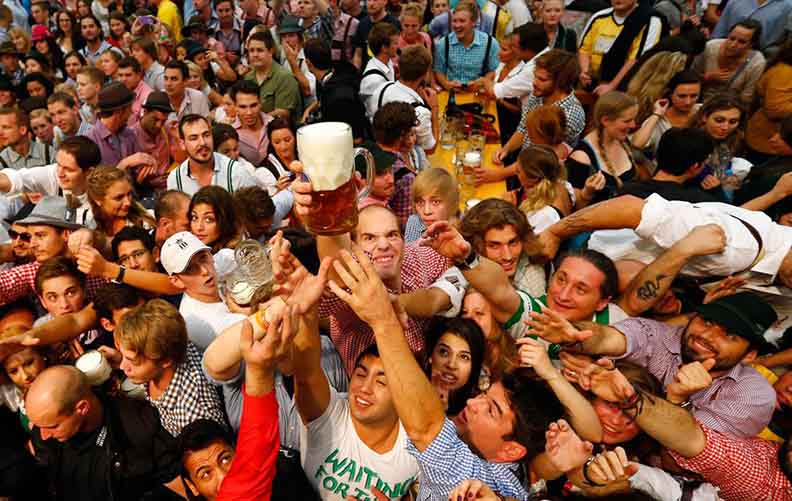
The October Beer Festival
German beer culture is not only about various categories of beer, but also how much they love drinking beer. The most famous beer festival in the world for us is the German Oktoberfest. Munich has always been recognized as the “beer capital”. Every autumn, the world’s largest beer festival, the October Beer Festival, is held for two weeks, right after Drinktec, the world’s largest exhibition for drinks technology and equipment like beverage coolers and freezers. The Munich government is wise enough to market them together for the best commercial result. According to statistics, the festival attracts more than 6 million people every year. Thousands of visitors eat an average of 200,000 sausages and drink 6 million liters of beer.
Over 100-Year History
The Oktoberfest has a history of more than 100 years. In 1810, Prince Luther in Bavaria held a grand wedding celebration and the people celebrated with the beer. Since then, the people have continued this passionate celebration, which is held year after year. Since the celebrations, the Oktoberfest has also been preserved as a traditional Bavarian folk festival until today.
Bavarian Folk Customs
The Oktoberfest in Munich is famous not only because it is the largest folk carnival in the world, but also because it completely preserves the Bavarian folk customs. Until now, apart from the interruption of wars and cholera, the Munich beer The festival has never been canceled. Every year on the occasion of the Oktoberfest beer festival, visitors from all over the world come to enjoy the “Bavarian beer” and experience the excitement and joy of the German people celebrating the festival. In this world’s largest folk festival, people can see that the German’s characters are not only the rigid aspects that we are familiar with, such as rigorous, serious, principled, and disciplined. Germans can also be dynamic and enthusiastic. Especially the Bavarians, has also left a deep impression on visitors from all over the world about their pride in their culture and traditions.

The Multi-Function Beer
Germans love beer not just because they can relax with the beer. Germany is located in middle north Europe. By winter, temperatures in South Germany are low, and drinking beer can be used to keep warm. It can also be used like a drug as an onion. Beer contains many valuable minerals and vitamins. Its low alcohol content and high carbon dioxide also help to relax the body and wash away the harmful substances from the human body. It is also said that German dark beer has good cosmetic functions, and it also has some effect on reducing coarse pores. The Germans also have a habit of drinking beer differently from the Chinese. Most Germans drink beer with salted bread, cheese or sausages.
The development of German beer culture is closely related to the character of Germans. The Germans are hard-working, pragmatic, diligent, conscientious and strict. They obey the rules and have their own principles. It is these outstanding qualities that have enabled the German beer brewing to always adhere to the “Beer Purity Law”. The century also does not change its original intention. The beer produced in this way has always had a strong mellow taste and excellent quality guarantee, which has laid a solid position for the German beer giant.

